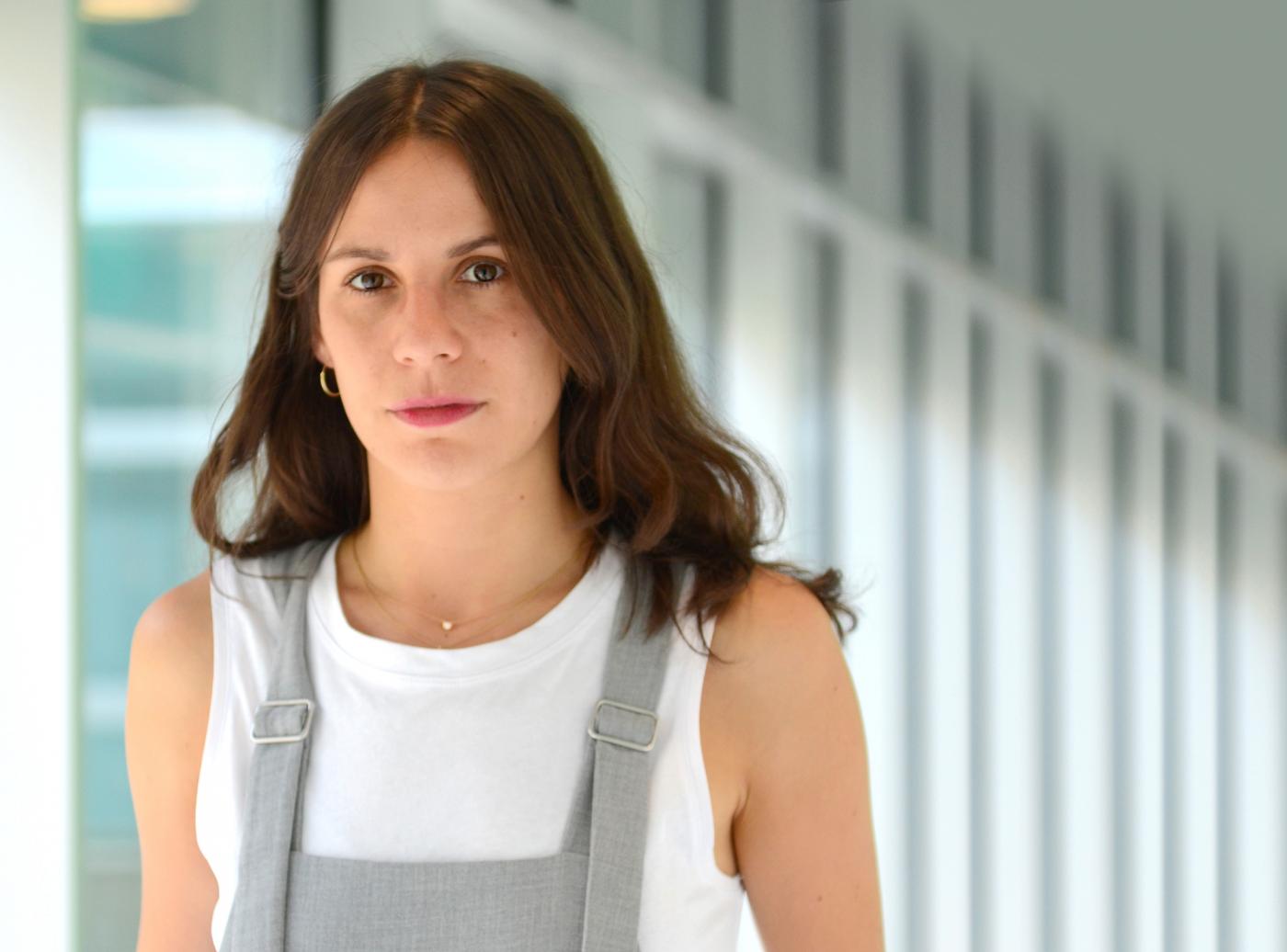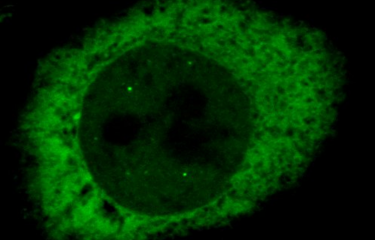Albane's digital fabrication laboratory, or Fab Lab for those in the know, can be found in the Institut Pasteur's newest building. This is the place where tools for innovative technology research projects are developed.
Back in 2016, when Albane was creating smart objects for industry, the Institut Pasteur asked her if she would be interested in developing a prototyping platform for new technologies in the field of research. The challenge immediately sparked her interest, and for more than a year now her work has involved creating objects based on ideas that exist only in scientists' minds. "In general, when scientists come to see me, they don't yet know exactly what they want, they are struggling to develop or perfect an experimental protocol, and we work together to devise a solution."
Designing prototypes – unique items for use by biologists – suits Albane down to the ground, because by nature she is always eager to embrace new challenges. When she acquires knowledge in a new area, she immediately wants to apply it and take it further – she's not one for retreading the same ground.
3D objects: from design to manufacture
Albane's laboratory comprises rooms for each stage in the design and production process: an office with a computer for 3D design, two production rooms – one with 3D printers and the other with a numerical control machine –, and a room with a workbench to touch up finished products.
"I personally find it immensely satisfying after a lengthy design process to see the digital commands scrolling down the screen and at the same time see the object emerging as if by magic!"
Of the 30 or so projects that Albane worked on in 2017, there is one that she is particularly proud of. The challenge was to reproduce a virtual reality headset for children with autism spectrum disorder. This project,* the idea of Guillaume Dumas, a neuroscientist in the Human Genetics and Cognitive Functions Unit, involved developing video games for therapeutic purposes that would help improve our understanding of the difficulties encountered by these children in relating with other people. The prototype developed by Albane should enable the headset to be tested on children in complete safety with the aim of measuring how well they tolerate wearing it. A second stage of the project will involve the Fab Lab 3D-printing "magic wands" for use in the game.
Albane does not see new technologies as an end in themselves – she firmly believes that they should be part of a wider project and make some contribution to human progress. "We should never lose sight of the fact that objects are there to serve us, not the opposite," she concludes.
* This project is the result of collaboration with CentraleSupélec, Actimage and the Child and Adolescent Psychiatry Department led by Prof. Delorme at Robert Debré Hospital.
Key dates in Albane Imbert's career
2004-2010: Engineering training – signal, image and sound processing
2010-2013: Industrial design training – interactive systems and objects
2013: Project manager / Industrial designer
Design and production of smart objects – creation, prototyping, industrialization
2016: Arrival at the Institut Pasteur Head of design and engineering for research prototypes





